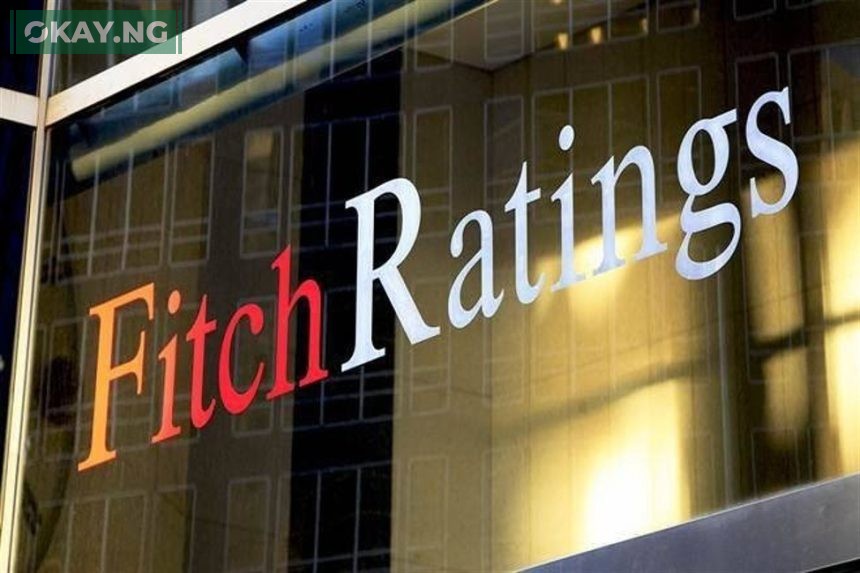International credit rating agency Fitch has upgraded Nigeria’s long-term foreign-currency issuer default rating (IDR) to ‘B’ with a stable outlook, signaling increased confidence in the nation’s commitment to economic reforms. This decision comes as a result of policy adjustments initiated since June 2023, including exchange rate liberalization, monetary policy tightening, and the removal of fuel subsidies.
“The upgrade reflects increased confidence in the government’s broad commitment to policy reforms implemented since its move to orthodox economic policies in June 2023,” Fitch stated in its report. These reforms have significantly improved policy coherence and credibility, reducing economic distortions and near-term risks to macroeconomic stability.
Despite the positive outlook, Nigeria continues to face significant domestic challenges and heightened external risks. Fitch expects the macroeconomic policy stance to sustain improvements in the functioning of the foreign exchange (FX) market and support the move to lower inflation, although it will likely remain far higher than rating peers.
One of the key drivers of the upgrade is the improvement in FX liquidity. The Central Bank of Nigeria’s (CBN) introduction of an electronic FX matching platform and a new FX code has enhanced transparency and efficiency. “Greater formalisation of FX activity… has led to a greater rise in FX liquidity and general stability in the FX market,” the report highlighted. Net official FX inflows through the CBN and autonomous sources rose by about 89% in 4Q24, compared to an 8% rise in 4Q23.
The CBN has also tightened monetary conditions through policy rate hikes, reaching 27.5% in February 2025. This has helped anchor rates and strengthen monetary policy transmission. Fitch projects inflation to average 22% in 2025 and 20% in 2026, anticipating no premature easing of monetary policy.
External buffers have also seen improvement, with gross official reserves rising to USD41 billion at the end of 2024, although they have since dropped to USD38 billion due to debt service payments. “External buffers have benefitted from the policy reforms and associated increase in formalised FX transactions,” Fitch noted.
Looking ahead, Fitch anticipates Nigeria’s oil refining capacity to increase as the Dangote refinery scales up operations. This development is expected to reduce oil-related import costs, which currently account for about 30% of goods imports. Fitch also expects crude oil production to increase in 2025-2026, averaging 1.43 million barrels per day (mbpd), up from 1.34 mbpd in 2024. This growth is attributed to improved onshore surveillance and increased investments by local oil companies.
However, challenges remain. Fitch forecasts the budget deficit to widen in 2025-2026, averaging 4.2% of GDP, driven by higher wages, social and security expenses, and debt servicing costs. The general government interest/revenue ratio is expected to remain high, above 30%.
Fitch also highlighted the banking sector’s challenges, expecting the non-performing loans ratio to rise in 2025 due to high inflation and interest rates.
Despite these challenges, the upgrade reflects a positive outlook on Nigeria’s economic trajectory, provided the government maintains its commitment to reforms.













